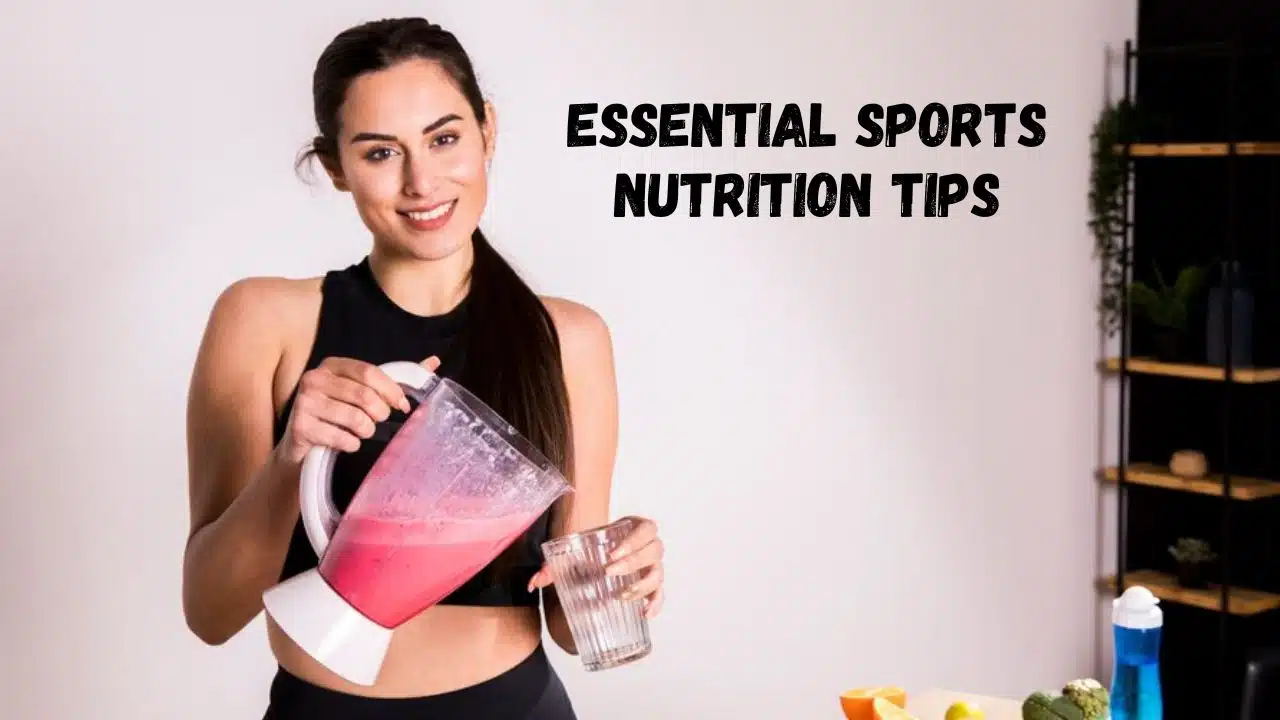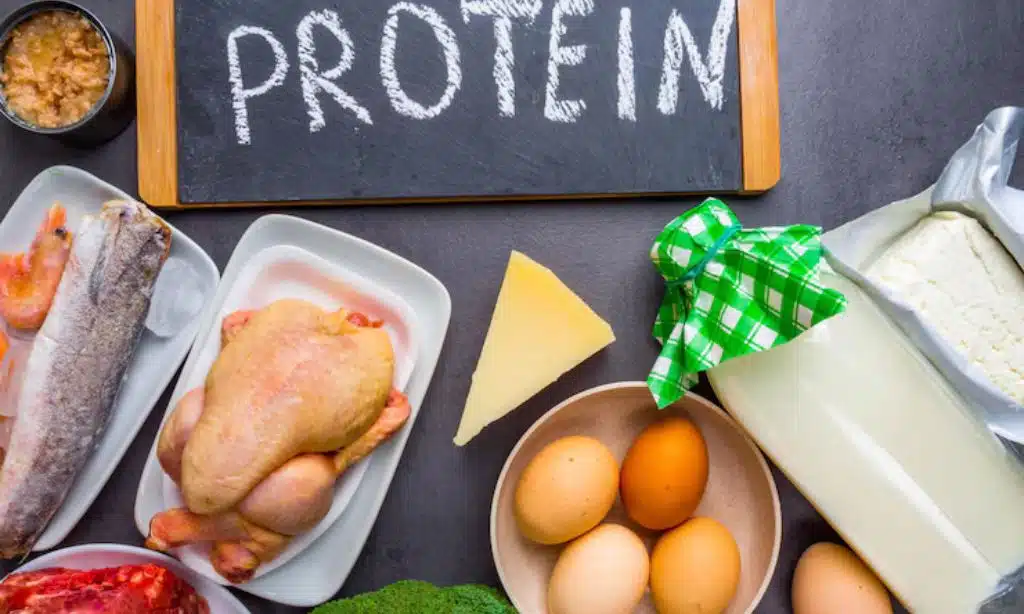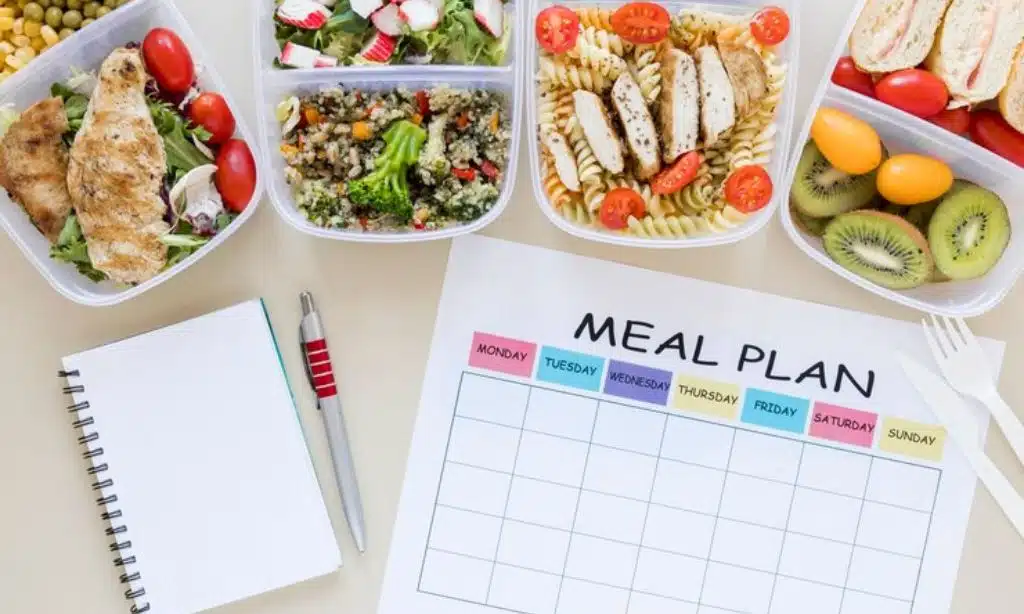In a world where athletic performance is often attributed to talent and rigorous training, the crucial role of nutrition is sometimes overlooked. Yet, proper fueling strategies can be the difference between breaking records and hitting a wall. The path to optimal sports nutrition is no longer just about eating healthy or following basic dietary guidelines.
Instead, it requires a nuanced understanding of various nutritional principles, each with its own benefits, applications, and suitability for different sports and individual needs. This article explores 12 of the most effective sports nutrition tips for fueling your performance, offering a comprehensive guide for both amateur athletes and seasoned professionals.
Essential Sports Nutrition Tips
Proper nutrition is the cornerstone of athletic success. Whether you’re a weekend warrior or a professional athlete, what you eat can make or break your performance. This article will explore 12 essential sports nutrition tips to help you fuel your body for peak performance, faster recovery, and overall health.
-
Hydrate, Hydrate, Hydrate
Water is life, especially for athletes. Proper hydration is crucial for maintaining blood volume, regulating body temperature, and transporting nutrients. Dehydration can lead to decreased performance, fatigue, and even heat illness.
Tips for staying hydrated:
- Drink water throughout the day, not just during exercise
- Monitor urine color – aim for pale yellow
- For longer workouts, use sports drinks to replace electrolytes
Did you know? Even mild dehydration (1-2% of body weight) can negatively impact performance.
-
Eat a Balanced Diet
A well-rounded diet provides the foundation for athletic performance. Focus on getting a mix of carbohydrates, proteins, and healthy fats from whole food sources.
Key components of a balanced diet:
- Whole grains
- Lean proteins
- Fruits and vegetables
- Healthy fats (nuts, seeds, avocado)
-
Time Your Pre-Workout Meal
What you eat before exercise can impact your performance. Aim to eat a meal rich in carbohydrates and moderate in protein about 2-3 hours before your workout.
Pre-workout meal ideas:
- Oatmeal with banana and peanut butter
- Whole grain toast with scrambled eggs
- Greek yogurt with berries and granola
-
Don’t Skip Post-Workout Nutrition
After exercise, your body needs nutrients to recover and rebuild. Consume a mix of carbohydrates and protein within 30-60 minutes after your workout.
Post-workout snack options:
- Chocolate milk
- Protein shake with fruit
- Turkey and cheese sandwich
-
Understand Macronutrients
Macronutrients – carbohydrates, proteins, and fats – are the building blocks of our diet. Each plays a crucial role in athletic performance.
Carbohydrates: Primary energy source for high-intensity exercise Protein: Essential for muscle repair and growth Fats: Important for hormone production and absorption of fat-soluble vitamins
Recommended macronutrient ratios for athletes:
- Carbohydrates: 45-65% of total calories
- Protein: 10-35% of total calories
- Fat: 20-35% of total calories
-
Don’t Fear Carbs
Carbohydrates are the body’s preferred fuel source for high-intensity exercise. Don’t fall for low-carb fads – make sure you’re getting enough to fuel your workouts.
Good carb sources:
- Whole grains (brown rice, quinoa, oats)
- Fruits
- Starchy vegetables (sweet potatoes, squash)
-
Prioritize Protein
Protein is crucial for muscle repair and growth. Aim to consume protein throughout the day, not just after workouts.
High-quality protein sources:
- Lean meats (chicken, turkey, lean beef)
- Fish
- Eggs
- Dairy products
- Plant-based options (beans, lentils, tofu)
-
Include Healthy Fats
While carbs are the main fuel source, fats play a vital role in hormone production and vitamin absorption. Don’t cut them out completely.
Healthy fat sources:
- Avocados
- Nuts and seeds
- Olive oil
- Fatty fish (salmon, mackerel)
-
Consider Supplements Wisely
While a balanced diet should provide most nutrients, some supplements can be beneficial for athletes. Always consult with a healthcare professional before starting any supplement regimen.
Common sports supplements:
- Whey protein
- Creatine
- Beta-alanine
- Caffeine
-
Eat for Your Sport
Different sports have different nutritional demands. Endurance athletes may need more carbohydrates, while strength athletes might focus more on protein.
Nutritional focus by sport type: Endurance (e.g., marathon running): High carbohydrate intake Strength (e.g., weightlifting): Higher protein intake Team sports (e.g., soccer): Balanced approach with emphasis on carbs for energy
-
Plan Your Meals
Meal planning can help ensure you’re getting the right nutrients at the right times. This is especially important for athletes with busy schedules.
Meal planning tips:
- Prep meals in advance
- Keep healthy snacks on hand
- Use a food diary to track intake
-
Listen to Your Body
Every athlete is unique. Pay attention to how different foods make you feel and perform. What works for one person may not work for another.
Signs to watch for:
- Energy levels
- Digestion
- Recovery time
- Overall performance
Takeaway
Proper nutrition is a critical component of athletic performance. By following these 12 essential tips, you can fuel your body for success, enhance recovery, and maintain overall health. Remember, nutrition is not one-size-fits-all. Experiment with differeএnt strategies, listen to your body, and consult with a sports nutritionist if needed. With the right fuel, you can push your limits and achieve your athletic goals.









































